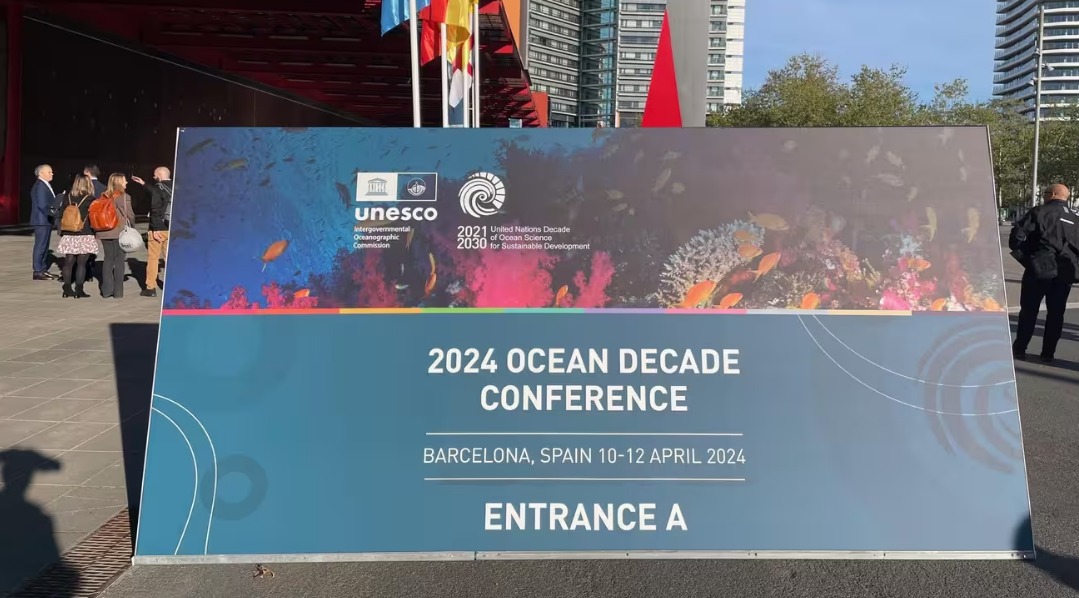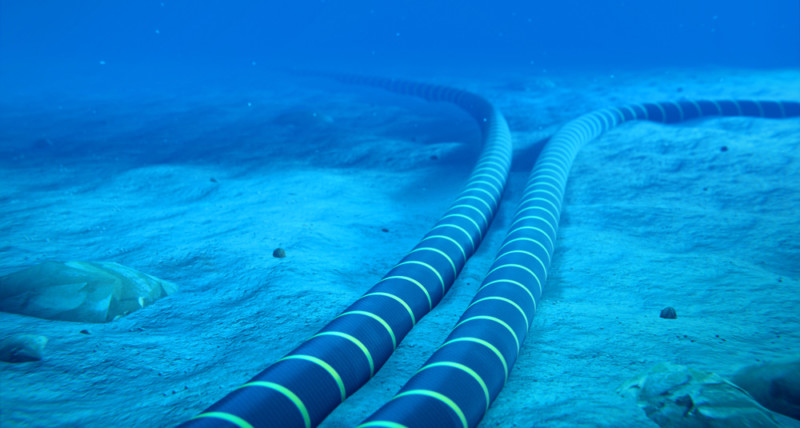This week in Barcelona, Spain, the United Nations Ocean Decade conference is being held to measure the impact of climate change on the oceans. The UN agreement on the protection of the high seas should be discussed. Agreement signed for the moment only by Chile.
Scientists and leaders from around the world are meeting in Barcelona from April 10 to 12 to try to take action on ocean warming at the United Nations Ocean Decade Conference. After the decade for biodiversity, which ended in 2020, the United Nations launched the decade of the ocean in 2021. These 10 years of work and reflection will make it possible to understand the major role played by the oceans in regulating the climate and protecting them.
“I believe that the major challenge is to know more about the oceans because we know more, in a certain way, about the exploration of Mars than the Mariana Trench,” says Olivier Poivre-d ‘Arvor, French ambassador, for the poles and maritime issues. The warming of the oceans is dramatic, with acidification, loss of oxygenation and the disappearance of this carbon sink that is the ocean. It’s a bomb that’s barely ticking. »
During these three days of conference, it is mainly the experts who will have the floor, since the UN wishes to highlight the work of scientists and researchers. It is about raising awareness in the international community and ensuring that states make decisions to protect the oceans. Among the participants is Pierre Bahurel, director of Mercator Ocean, an organization that describes and analyzes the ocean. Mercator scientists are examining marine heat waves in particular. “We end up making diagnoses that are not very encouraging, but the more indisputable the evidence, the more interesting we will have a movement,” he explains. What results, here in Barcelona, is a meeting between politics and science. »
The conference will conclude with the publication of a series of white papers and a joint declaration. It will not be binding on states, but it will serve as a working basis, before the major United Nations conference on the ocean which will be held in Nice in 2025.
Chile, a pioneer in ocean protection
Chile was the first country in the world to ratify the historic UN agreement to protect the high seas, in January 2024. Currently, only 1% of international waters are protected, but the agreement aims to go so far. to 30% by 2030. For the text to come into force, at least 60 countries must ratify it, which is far from being the case for the moment. By being the first to do so, Chile loudly affirms its determination to preserve the planet’s oceans.
The country was among the main defenders of this agreement, which still took 20 years to reach. But all Chilean governments over the past two decades have moved in the same direction. The Senate also unanimously approved the UN agreement. This would be the first time that a legal framework establishes rules to protect and regulate international waters, by creating, for example, marine protected areas, in order to conserve marine fauna, avoid overfishing or even the plundering of the seabed. On its maritime territory, Chile already protects 44% of its EEZ, its Exclusive Economic Zone.
Chile firstly has an environmental interest in wanting to protect the high seas. Off its coast, more than 3,000 kilometers from the continent, is the underwater mountain range, Salas y Gómez and Nazca, where numerous rare underwater species whose biology is exceptional.
This mountain range connects the marine parks of Easter Island and the Desventuradas Islands, Chilean territories, therefore, but surrounded by international waters. So to protect the biodiversity of its archipelagos, several Chilean scientists emphasize the importance of preserving all of these marine territories in the Pacific Ocean.
Chile also has economic interests, since the country has 4,000 kilometers of coastline. So by protecting the high seas, which are directly linked to coastal areas, Chile also protects its coastline and the entire economy that results from it. This represents 60,000 jobs and more than $6 billion in annual GDP. Chile is also the twelfth fishing country in the world and the second largest aquaculture producer on the planet. A whole section of its economy depends on the good health of ecosystems in the high seas, but also local populations, small fishermen, who live from the sea and its resources.




